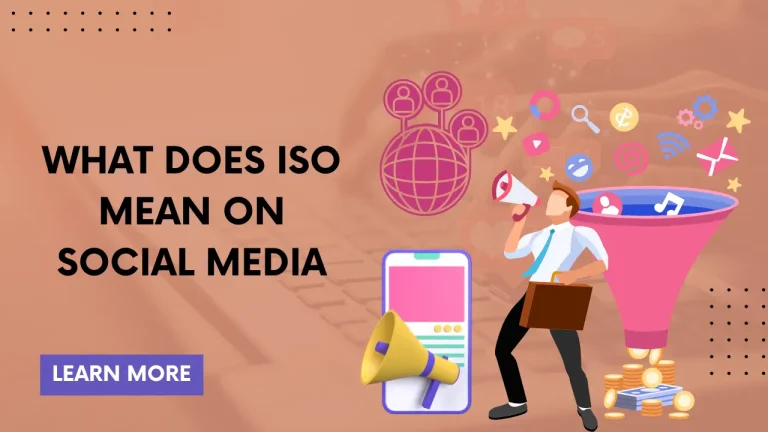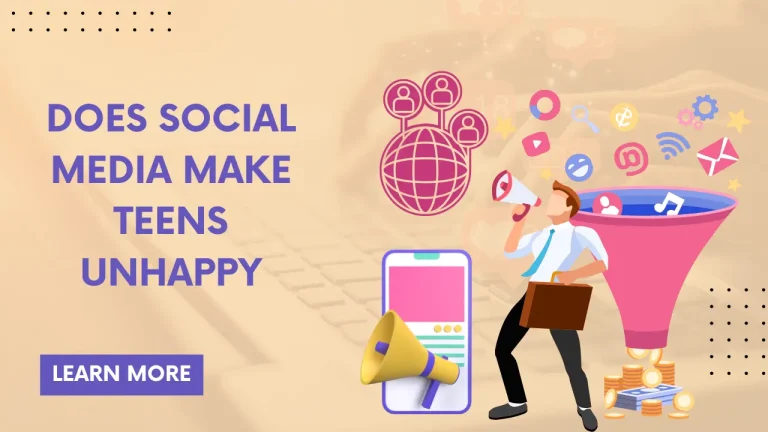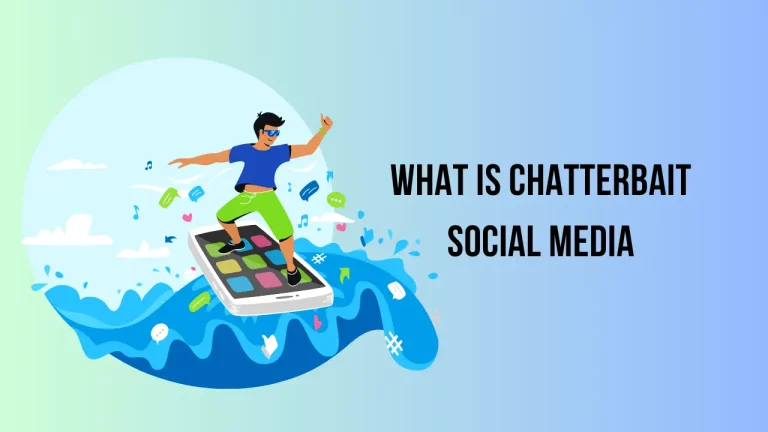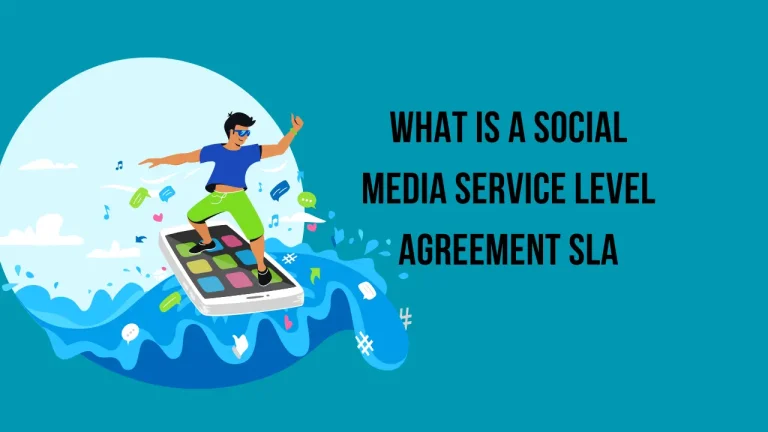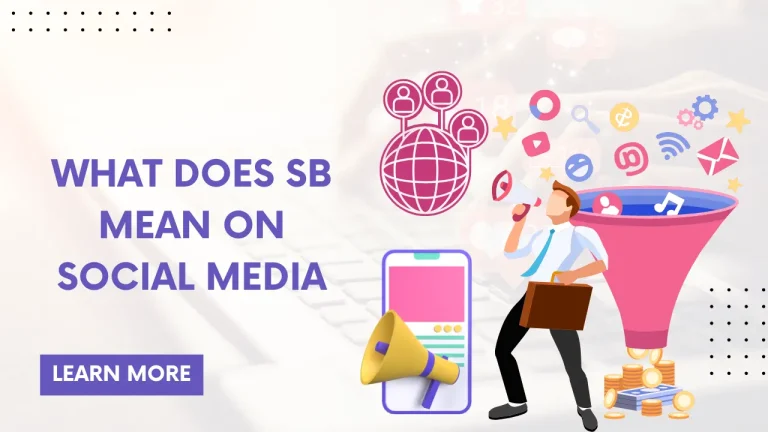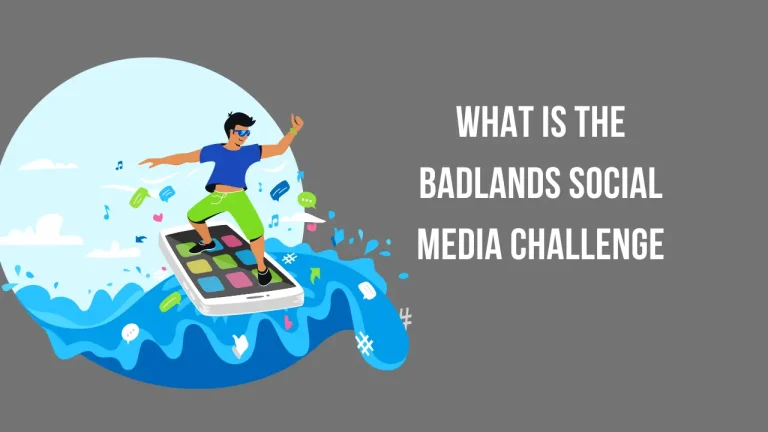Is Youtube Considered Social Media
Are you curious to know Is Youtube Considered Social Media? Well, the answer might surprise you. With over 2 billion logged-in monthly active users, YouTube has become a powerhouse in the digital world. But is it more than just a video-sharing platform? Let’s dive into the data and find out.
Social media is typically defined as platforms that allow users to create and share content, engage with others, and build connections. YouTube checks all these boxes and then some. Not only can you upload videos and interact with other creators through comments and likes, but you can also subscribe to channels, create playlists, and even livestream.
When comparing YouTube to other popular social media platforms like Facebook or Instagram, it becomes evident that it shares similar features and functions. However, one key difference sets YouTube apart – its focus on video content.
But does this make YouTube a social networking platform? That’s where the debate arises. Some argue that its emphasis on videos makes it more of an entertainment platform rather than a true social network.
So buckle up as we explore whether or not YouTube should be officially crowned as social media based on its features, functions, and user engagement data.
Key Takeaways
- YouTube shares features and functions with other popular social media platforms like Facebook and Instagram.
- YouTube allows users to create and share content, engage with others, and build connections.
- YouTube serves as a virtual community where users can connect, share thoughts and ideas, and build relationships.
- YouTube’s monetization program incentivizes creators to produce high-quality content and allows users to support their favorite channels directly.
The Definition of Social Media
So, you’re probably wondering what exactly social media is and how it’s defined. Well, let me break it down for you.

Social media refers to websites and applications that allow users to create and share content, as well as participate in social networking. It has become an integral part of our lives, with billions of people using various platforms daily.
One key characteristic that differentiates social media from traditional media is its interactive nature. Users can engage with each other through comments, likes, shares, and direct messages. This constant communication fosters a sense of community and connectedness among individuals across the globe.
Moreover, social media has had a significant impact on society by influencing public opinion, shaping cultural trends, and providing a platform for activism.
Now that you understand the definition of social media and its impact on society, let’s dive into YouTube’s features and functions seamlessly.
[Transition] Speaking of which…
YouTube’s Features and Functions
One of the most influential platforms online, YouTube offers a wide range of features and functions that captivate users worldwide. From uploading and sharing videos to interacting with content creators through comments and likes, YouTube provides a dynamic social experience.
But what sets it apart from other social media platforms is its unique monetization system. With YouTube’s monetization program, content creators have the opportunity to earn money through ad revenue and sponsorships, making it an attractive platform for aspiring influencers.
Additionally, the YouTube algorithm plays a crucial role in determining which videos appear in users’ recommendations, ensuring that they are exposed to relevant and engaging content. This algorithm-driven approach has contributed to YouTube’s success in keeping viewers hooked for hours on end. Transitioning into the next section about comparing YouTube to other social media platforms…
Comparing YouTube to Other Social Media Platforms

With its unique features and monetization system, YouTube stands out among other popular online platforms. When comparing video content, YouTube offers a more diverse and extensive range of options than Instagram.
While Instagram focuses on short-form videos and emphasizes visual aesthetics, YouTube allows for longer videos and provides a space for creators to showcase their talent through storytelling or educational content.
Additionally, engagement on YouTube differs from Twitter in terms of interactions. On Twitter, interactions are often limited to likes, retweets, and comments. However, on YouTube, viewers can engage with creators through comments as well as likes/dislikes and subscribing to their channels. This fosters a stronger sense of community between creators and their audience.
Transitioning into the next section about YouTube as a social networking platform, it’s evident that the platform’s capabilities extend beyond traditional social media functions.
YouTube as a Social Networking Platform
Imagine yourself in a virtual community where you can connect with like-minded individuals, share your thoughts and ideas, and build lasting relationships – that’s the essence of YouTube as a social networking platform.
With over 2 billion monthly active users, YouTube has become more than just a video-sharing platform. It has evolved into a hub for creators to engage with their audience on a personal level.
One of the key aspects that sets YouTube apart from other social media platforms is its monetization feature. Content creators have the opportunity to earn revenue through ad placements, sponsorships, and merchandise sales. This not only incentivizes creators to produce high-quality content but also fosters an environment where users can support their favorite channels directly.
As YouTube continues to expand its reach and influence, the debate over whether it should be considered social media becomes even more nuanced.
Transitioning into the subsequent section about ‘the debate: is youtube social media?’…
The Debate: Is YouTube Social Media?

Entering the realm of virtual communities, it’s like stepping into a bustling town square where opinions clash and alliances form – this is the heart of the ongoing debate: Is YouTube truly a social networking platform?
Well, let’s look at the facts. With over 2 billion logged-in monthly users, YouTube has undoubtedly become a powerhouse in popular culture. From viral challenges to makeup tutorials, its influence on society cannot be denied.
But does that make it social media? Some argue that YouTube is more than just a video sharing platform; it fosters interaction through comments, likes, and subscriptions. It has also disrupted traditional media by giving rise to independent creators and shifting viewer preferences.
So while opinions may differ, one thing remains clear: YouTube’s impact on popular culture and its disruption of traditional media make it an undeniable force in today’s digital landscape.
Frequently Asked Questions
Conclusion
So, after examining the definition of social media and analyzing YouTube’s features and functions, it’s clear that YouTube can indeed be considered a social media platform.
With its ability to connect users through comments, likes, shares, and subscriptions, YouTube fosters a sense of community and interaction among its users.
Additionally, the vast amount of user-generated content on the platform further supports its classification as social media.
So next time someone asks you if YouTube is social media, you can confidently say yes!

